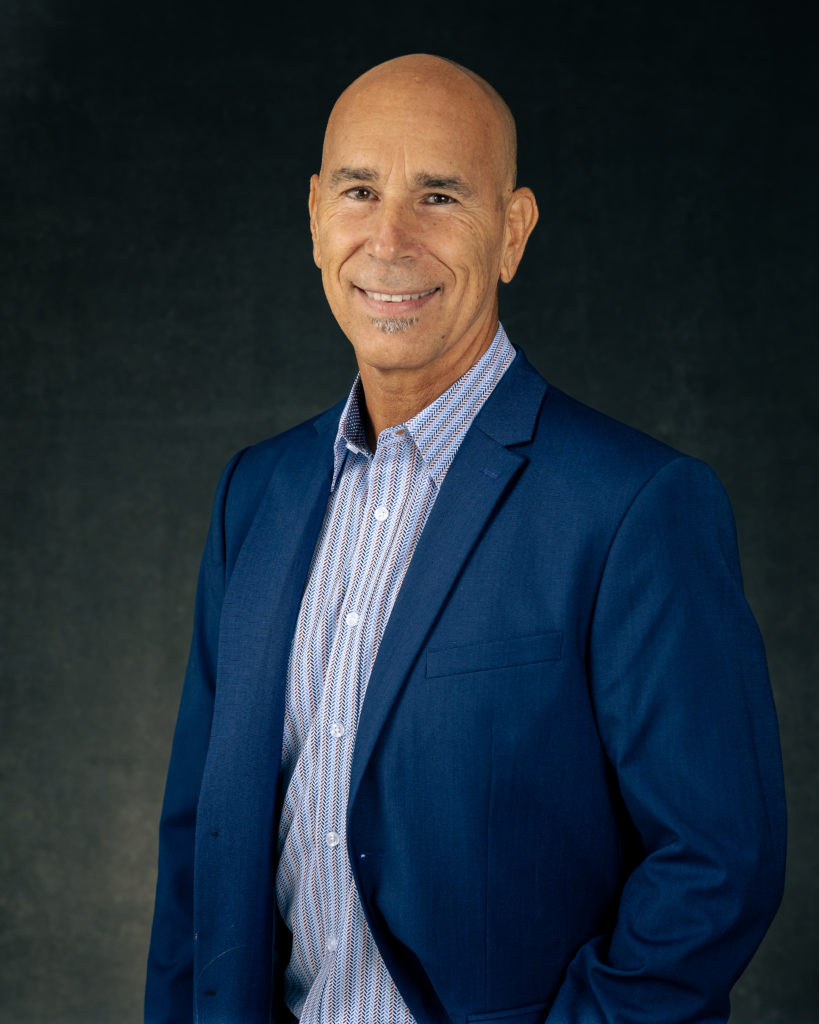Men need other men to hold them accountable and challenge them to be better. We were not meant to do life alone. – John Eldredge
The importance of having a good coach in both business and life cannot be overstated. However, there is a debate on whether men should choose male or female coaches. While there is nothing inherently wrong with having a female coach, there are several reasons why men may benefit more from having a male coach.
First, men and women have different life experiences and perspectives. A male coach is more likely to understand and relate to the challenges that men face in their personal and professional lives. For example, men may struggle with issues related to masculinity, such as feelings of inadequacy, vulnerability, and the pressure to succeed. A male coach can provide a safe and supportive environment for men to address these issues and develop strategies to overcome them.
Second, men may find it easier to communicate with a male coach. Men may feel more comfortable opening up to someone of the same gender, especially when discussing sensitive issues. Male coaches are better equipped to understand and address the emotional needs of men, as they have firsthand experience with the challenges that men face in their personal and professional lives.
Third, male coaches can provide unique insights and guidance that female coaches may not be able to offer. For example, male coaches can share their experiences and perspectives on navigating male-dominated industries and workplaces, such as finance, technology, and construction. Male coaches can also provide guidance on building strong relationships with other men, both in and out of the workplace.
Having a male coach can be particularly beneficial for men who are struggling with their personal identity, life purpose and creating healthy relationships. A male coach can provide a supportive and non-judgmental environment for men to explore their thoughts and feelings about what is means to be a man or masculinity, and offer guidance on how to navigate these issues in their personal and professional lives.
While there is nothing inherently wrong with having a female coach, men may benefit more from having a male coach. A male coach can provide a unique perspective, offer guidance on navigating work life balance and relationships, and create a safe and supportive environment for men to address sensitive issues. Ultimately, the most important factor in choosing a coach is finding someone who can help you achieve your goals, regardless of their gender.
The importance of having a strong support system is critical for any man’s journey through life. However, men often face challenges in finding a support system that meets their unique needs. While the coaching industry has made significant strides in offering options for women to be supported by women, men are still struggling to find the same level of support.
One reason for this disparity is that the coaching industry often attracts more women than men. As a result, there are fewer strong male coaches available for men to choose from. This can be frustrating for men who are looking for someone who can understand their experiences and provide guidance on how to navigate the challenges they face in their personal and professional lives.
Additionally, many men have been socialized to believe that asking for help or seeking support is a sign of weakness. This can make it difficult for men to reach out for help when they need it, and they may feel ashamed or embarrassed to admit that they need support. This stigma can also prevent men from seeking out coaching services and prevent them from finding a support system that can help them thrive.
However, the truth is that seeking support is not a sign of weakness, but rather a sign of strength. Having the courage to ask for help and support when you need it is an essential part of the masculine journey. Men should not be afraid to seek out coaching services and find a coach who can provide the support, guidance, and accountability they need to achieve their goals.
Moreover, men should not overlook the value of building relationships with other men. Creating strong male friendships and cultivating a community of support can be a powerful tool in navigating life’s challenges. Men who have strong support systems are more likely to be resilient, successful, and fulfilled in their personal and professional lives.
Approximately 25 to 40 percent of Fortune 500 companies use executive coaches, according to the Hay Group, an international human-resources consultancy.
Every man needs a support system that can help them navigate life’s challenges and achieve their goals. While the coaching industry may have more options for women to be supported by women, men should not be discouraged. It is essential to seek out coaching services and build relationships with other men, who can offer the support, guidance, and accountability they need to thrive on their masculine journey.
If you’re interested in exploring the possibility of working with a business coach, I’d be happy to schedule a complimentary consultation to discuss your goals and how I can help you achieve them.

grow your business with coaching
San Diego Business Coach offering coaching services to: Del Mar, Solana Beach, Leucadia, Encinitas, Cardiff by the Sea, Carlsbad, Oceanside, Vista, San Marcos, Irvine, San Clemente
Business coaching, Entrepreneurial success, Mentorship, Business growth, Leadership development, Strategic planning, Overcoming challenges, Networking opportunities, Creative problem-solving, Stress management, San Diego top business coach, commercial real estate coaching







